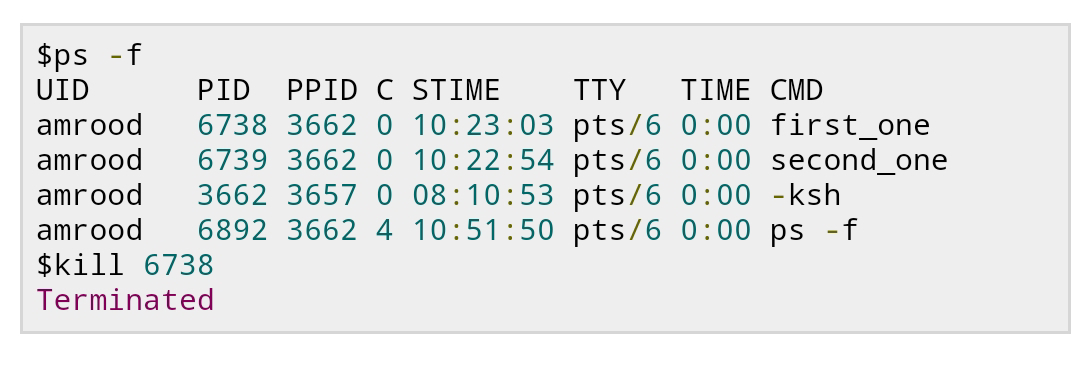Operating system functions
The operating system serves
several functions:
·
Management Processor : Operating
System Processor manages the distribution among programs using a programming
algorithm.
·
Management Random Access
Memory : Operating system manages the memory space allocated for each
application and each user, if appropriate. When physical memory is
insufficient, the O.S creates an area of memory on the hard drive, called
“virtual memory.” Virtual memory permits you to run applications that require a
capacity of memory beyond available RAM in the system. However, this memory is
much slower.
·
Management of input / output
: Operating system to unify and control access to material
resources programs through the drivers (also known as administrators peripheral
or input / output).
·
Execution Management
applications : Operating system ensures that applications run smoothly by
allocating the resources they need to function. This means that if an
application does not respond properly may “succumb”.
·
Managing authorities : Operating
system is responsible for security in connection with the execution of programs
by guarantee you that resources are used only for programs and users with
appropriate authorization.
·
File management : The
O.S manages all the writing and reading in the file system and access
permissions to files and user applications. File system that permits files to
be recorded in a tree structure.
·
Information management : Operating
system provides hundreds of indicators that can be used to diagnose the
operation of the equipment.
.png)



